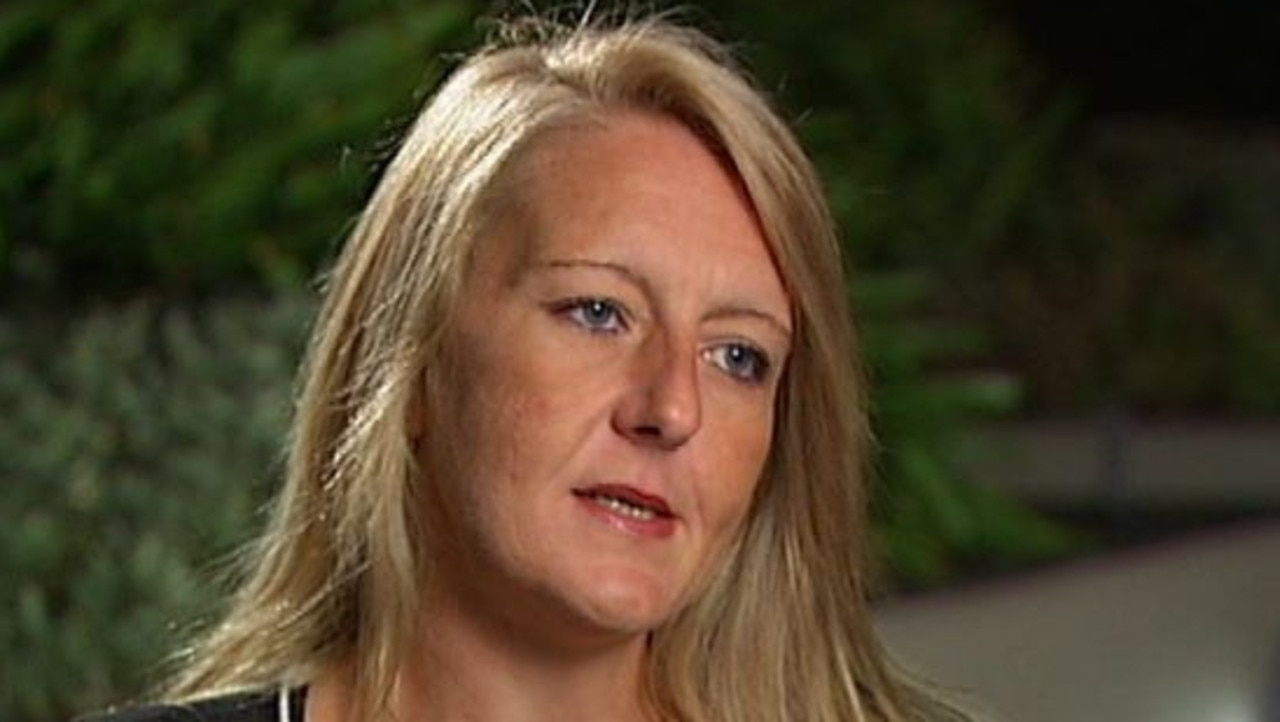Day procedure better at fixing atrial fibrillation than medication
A ONE-off day procedure can eradicate a common heart condition and also repair heart function and remove the need for lifelong medication in most patients with irregular heartbeat.

National
Don't miss out on the headlines from National. Followed categories will be added to My News.
A ONE-off day procedure can eradicate a common heart condition, which is a leading cause of stroke and heart failure, and also repair heart function and remove the need for lifelong medication in most patients with a dangerous irregular heartbeat.
VICTORIAN HEART HOSPITAL SUFFERS ANOTHER $100M BLOWOUT
DIABETES PATIENTS AT INCREASED RISK OF HEART ATTACK AND STROKE
Researchers at The Alfred and Baker Heart and Diabetes Institute have found cardiac ablation, in which a small section of the heart is “scarred” via a catheter thread up from the groin, could eliminate atrial fibrillation in patients with heart failure compared to medication.
Lead researcher and head of electrophysiology at The Alfred and Baker Institute, Professor Peter Kistler, said the study aimed to improve treatment for the one-third of people with AF, where this rapid heartbeat is believed to be the cause of their heart failure.

More than 400,000 Australians have an irregular heartbeat, including 10 per cent of those aged over 75, and it is the leading cause of stroke.
The study, co-led by PhD fellow Sandeep Prabhu, saw 66 patients who continually have an irregular heartbeat randomised to either cardiac ablation or standard medication.
Both groups had heart function and quality of life measured six months later.
The study, published in the Journal of the American College of Cardiology, found that while all patients improved, almost 60 per cent of ablation patients had normal heart function at rest and after exercise, compared to 9 per cent of those receiving medication.
Ablation also reduced the need for implantable defibrillator by almost a third.

“By instating the normal rhythm, the muscle is no longer overworked and the heart recovers very quickly,” Prof Kistler said. “Not only did ablation cause people to get a normal heart beat, but their heart function improved dramatically.”
Cricket Victoria boss and former Australian cricketer Shaun Graf, 60, underwent cardiac ablation following a ministroke in June. He was diagnosed with atrial fibrillation 10 years ago, and said without the procedure he faced trial and error of medication for the rest of his life.
“Fortunately they isolated the vein in my heart that was causing issues with my electrics,” Mr Graf said. “Ever since the heartbeat has been back in synch, I feel a lot better. I’m not as tired.”
Prof Kistler said with national clinical guidelines being revised, he expected their findings would quickly change practice internationally.


